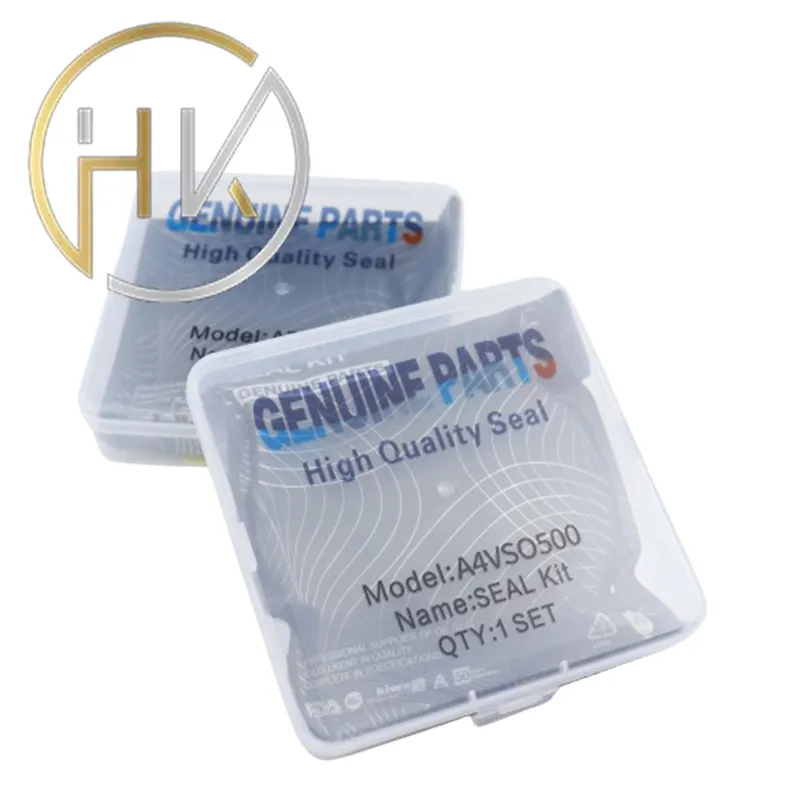sie . 31, 2024 17:10 Back to list
oil seal wheel hub
Understanding Oil Seal Wheel Hubs Importance and Functionality
In the realm of automotive engineering, various components play critical roles in ensuring the smooth operation and longevity of vehicles. One such essential component is the oil seal, particularly in the context of wheel hubs. The oil seal wheel hub serves a dual purpose it protects the inner workings of the hub assembly while maintaining the integrity of the vehicle's lubrication system.
What is an Oil Seal?
An oil seal, also known as a lip seal, is a mechanical component designed to prevent the leakage of fluids, in this case, oil. It creates a barrier that retains lubricant within a given area while keeping contaminants such as dirt, dust, and water from entering. Oil seals are typically made from rubber, polyurethane, or other elastomeric materials, providing flexibility and durability against the harsh conditions they face within a vehicle's wheel hub.
Importance of Oil Seals in Wheel Hubs
The wheel hub is a vital part of a vehicle's suspension system, connecting the wheels to the axles while allowing for smooth rotation. Within this hub is a complex array of bearings, which require a continuous supply of lubricant to function effectively. Here, the oil seal steps in; it plays a crucial role by
1. Preventing Lubricant Leakage By keeping the lubricant contained within the hub assembly, oil seals ensure that the bearings stay lubricated. This lubrication minimizes friction during operation, thus preventing premature wear and damage to the hub components.
oil seal wheel hub

2. Shielding Against Contaminants Oil seals act as a barrier against external contaminants. Dust, dirt, and moisture can infiltrate the wheel hub and compromise the performance of the bearings. By preventing such entries, oil seals extend the lifespan of the wheel hub and its components.
3. Enhancing Safety A properly functioning wheel hub is crucial for vehicle stability and safety. By holding oil and preventing leaks, oil seals contribute significantly to the vehicle’s overall performance. A failure in the wheel hub can lead to severe handling issues and even accidents, underscoring the importance of these seemingly small components.
Maintenance and Replacement
Oil seals are subject to wear and tear due to continual exposure to rotational forces and environmental elements. Over time, they may become brittle, leading to leaks that can jeopardize the lubrication of the bearings. Regular inspections of the wheel hub and its components are critical; if signs of wear—such as fluid leakage or visible damage to the seal—are noticed, replacement is necessary.
Replacing an oil seal typically involves removing the wheel, brake components, and hub assembly, and then carefully fitting a new seal to ensure a tight, secure fit. It’s vital to use seals that meet the specifications of the vehicle to guarantee optimal performance.
Conclusion
In summary, oil seal wheel hubs are essential to the performance and safety of vehicles. By preventing oil leaks and keeping contaminants at bay, they help ensure that the wheel hub functions smoothly over time. Understanding their importance can lead to better maintenance practices, ultimately enhancing the longevity and reliability of vehicles. Advanced technology and quality materials in oil seal production continue to improve vehicle performance and safety, making these components indispensable in modern automotive design.
-
The Trans-formative Journey of Wheel Hub Oil Seals
NewsJun.06,2025
-
Graphene-Enhanced Oil Seals: Revolutionizing High-Pressure Oil Sealing
NewsJun.06,2025
-
Future of Hydraulic Sealing: Advanced Intelligent TCN Oil Seals
NewsJun.06,2025
-
Don’t Let a Broken TCV Oil Seal Ruin Your Day
NewsJun.06,2025
-
Bio-Inspired Dust Seals for Better Sealing Performance
NewsJun.06,2025
-
Biodegradable and Sustainable Hydraulic Seal Materials
NewsJun.06,2025
-
Top Oil Seal Solutions for Your Industrial Needs
NewsMay.22,2025
Products categories
















